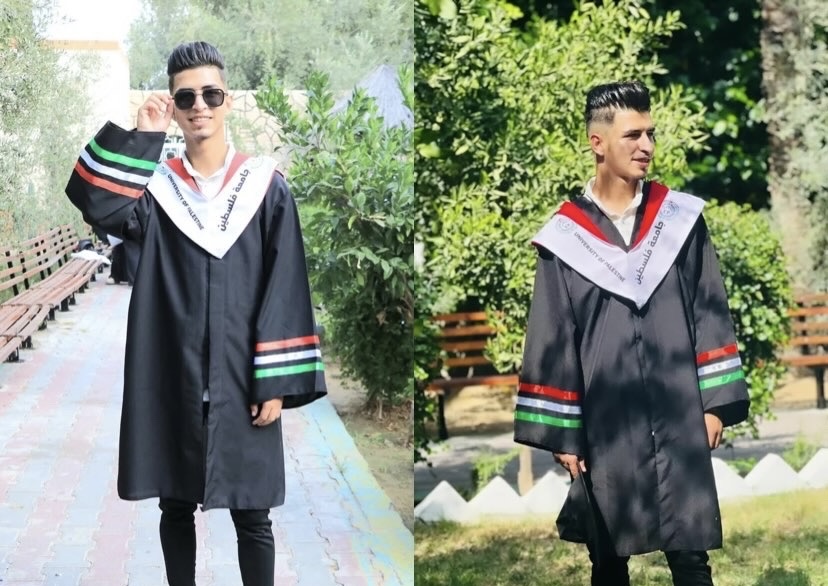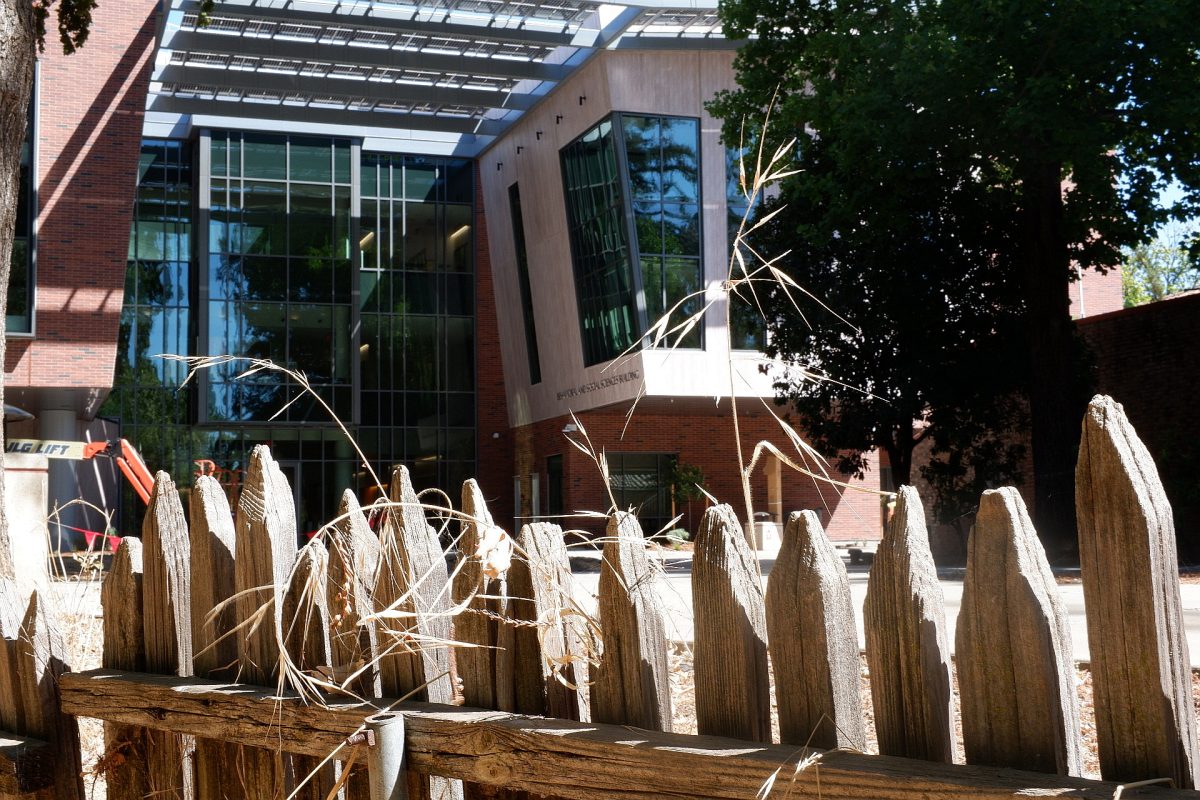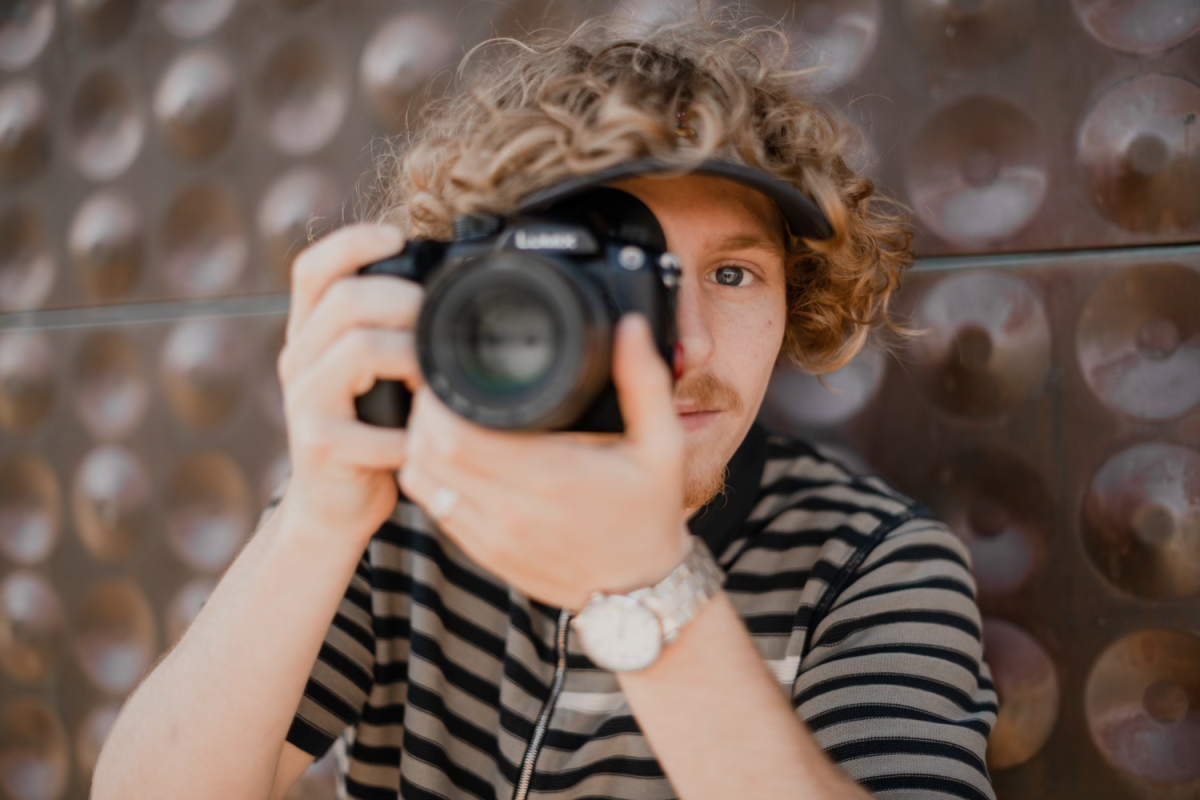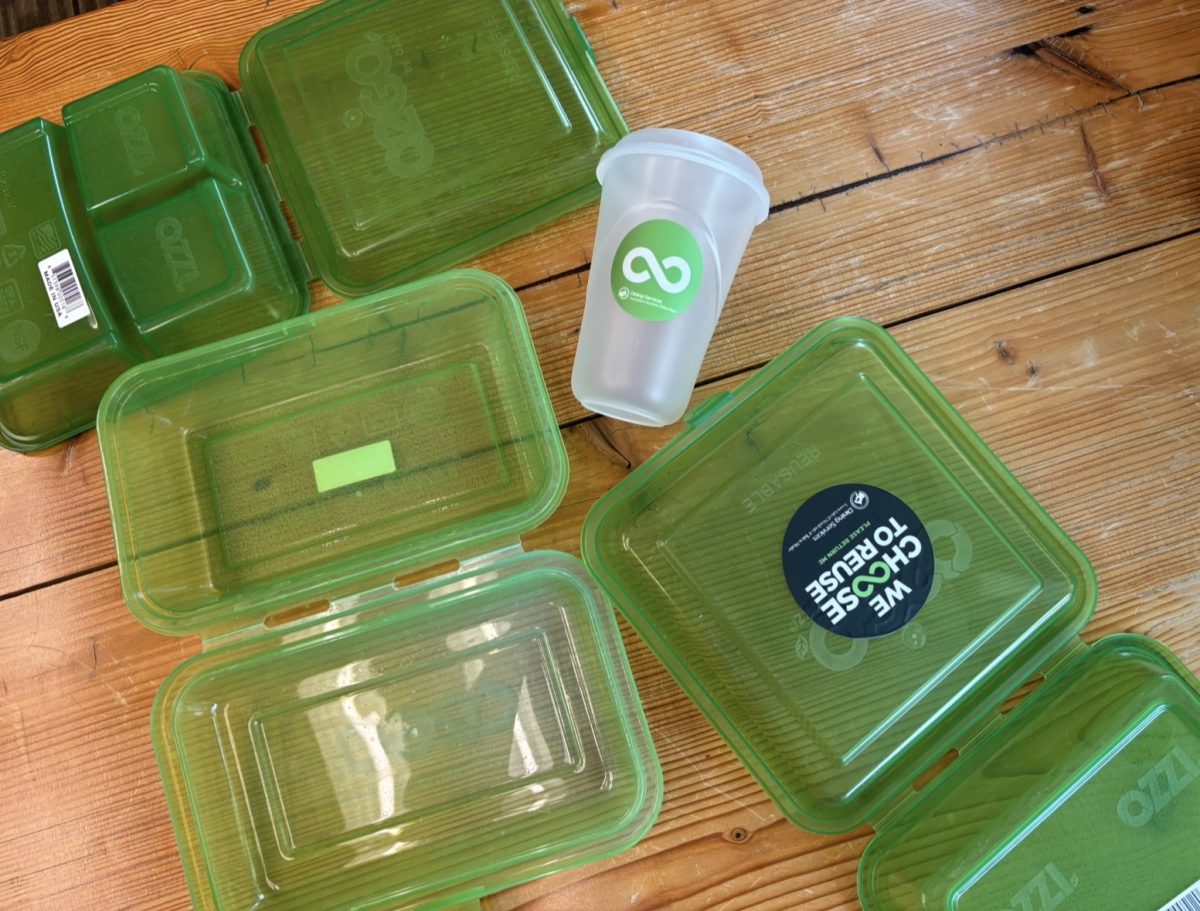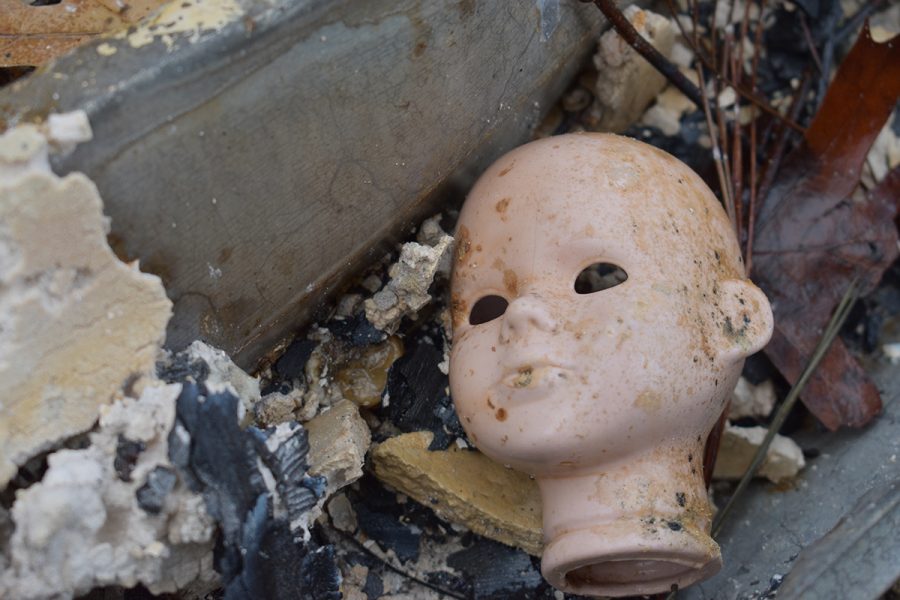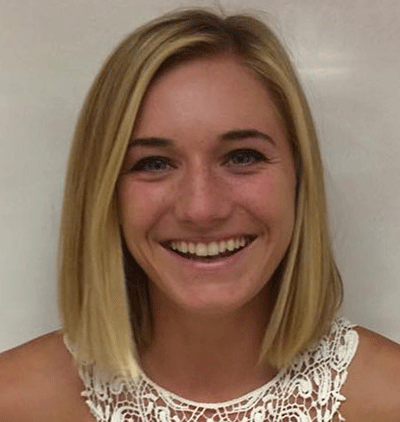Contrary to popular belief, those sorority girls that you see walking around campus didn’t pay for each other’s friendship. That boy with red hair that sits next to you in biology class really does have a soul. And just because that girl in your class has blonde hair, doesn’t mean she is any less smart.
Chico State is home to 16,356 students who come from 47 nations, 36 states and two U.S. territories. While Chico State advocates for diversity and equality, students still find themselves in the midst of stereotypes used to make assumptions based on race, ethnicity, gender or personality.
The Orion asked Chico State students about stereotypes they feel they endure on campus and in their lives on a daily basis.
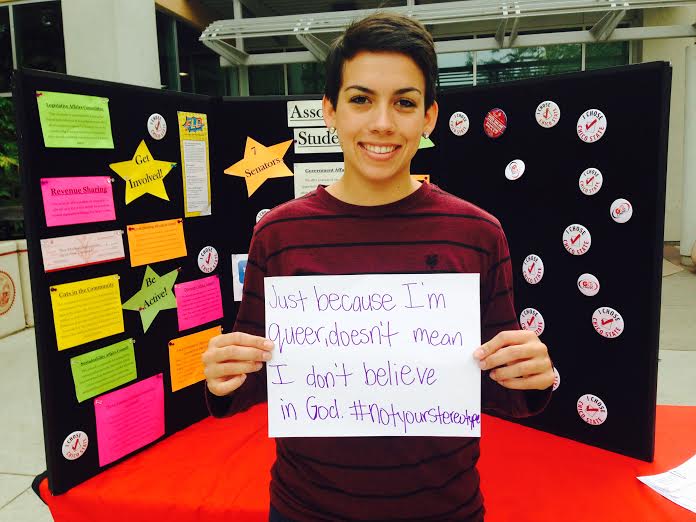
Jordan Walsh, a senior psychology and multicultural and gender studies major, identifies as queer and is proud of it.
“I think stereotypes make people feel uncomfortable, and if you don’t fit into stereotypes, it can be super hurtful because then you try to be something you’re not,” Walsh said. “Then at the same time, people assume that you are something based off of part of your identity.”
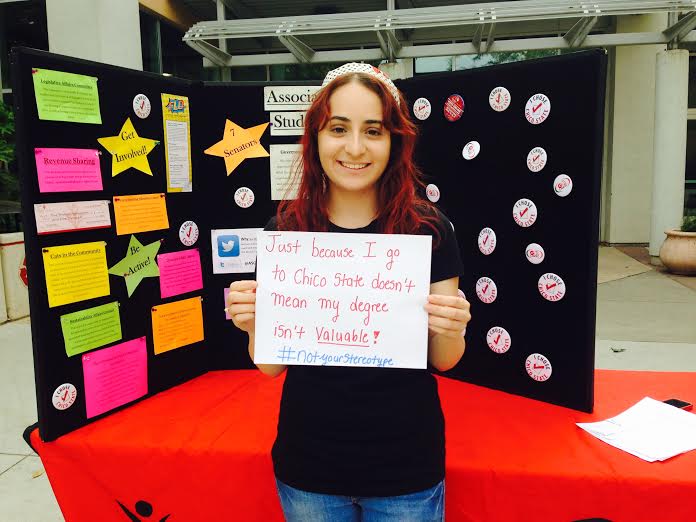
Kassandra Bednarski, a sophomore international relations major, said Chico State’s party school reputation should not define the many students that are in attendance. It is the community’s job to break through the falsehood of these labels, especially when it comes to education.
“I think it’s our job, not only as a society, but as human beings, to really break stereotypes and those barriers that we put up in society and realize that they are hurtful,” Bednarski said. “They can put people in awkward positions as to whether or not they fit into them or whether or not they should fit into them because of the society that we have created.”
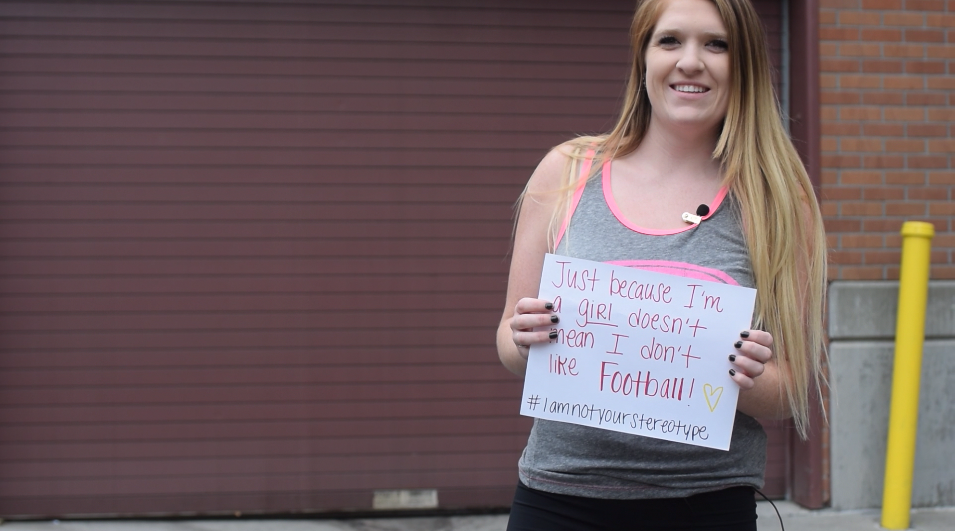
Additionally, Maddy Smith, a junior business administration and business information systems major, said there is never any sort of truth to stereotypes.
“There’s always going to be an outlier in the stereotype that makes it not true,” Smith said.
Chico State has taken its first step in breaking barriers on stereotypes through its first “I Am Not Your Stereotype” video. In it, students of all ages, ethnicities and personalities express who they are beyond the stereotype.
“It should be our job to change the culture of stereotypes and just look at people as what they are — as people,” Bednarski said.
Stephanie Schmieding can be reached at [email protected] or @stephbottt on Twitter.




